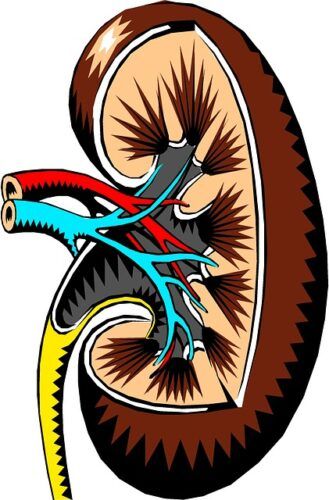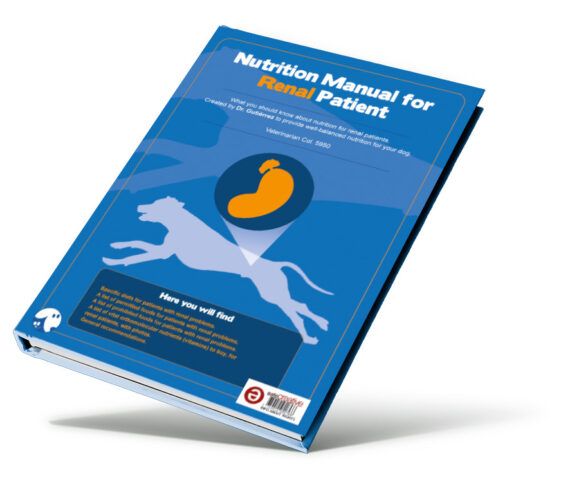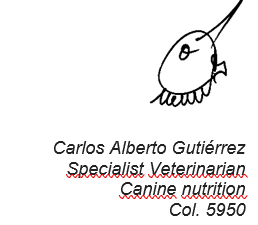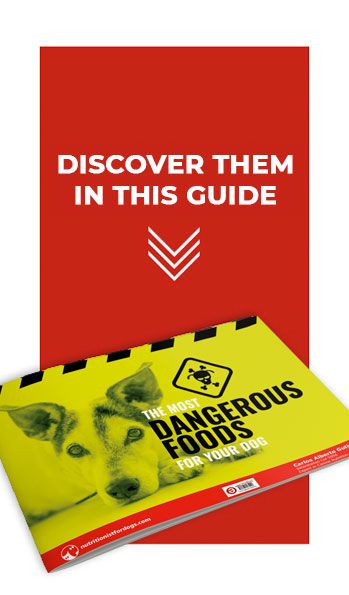
Protein myths and beliefs
There are many myths and beliefs about the benefits of low protein diets for the kidney.
High protein is associated with kidney damage when the opposite is true.
The scientific society has been responsible in recent years for demystifying the belief of high protein levels and kidney damage, unfortunately, this myth still persists.
There is now sufficient scientific literature (here we will provide some studies) to demonstrate that diets high in quality protein are healthy for dogs of all ages, including puppies of all breeds and sizes, older adults, obese, etcetera.
Studies have shown that the protein causes no harm, no orthopedic problems in puppies, and no kidney damage in geriatric dogs.
In fact, protein is beneficial in the extreme: it supports the immune and central nervous systems, contributes to tissue repair, helps build muscle, and is involved in skin and coat health.
The myth of the effects of protein on the kidney
There is no relationship between high protein diets and kidney damage in dogs.
There are several false facts assumed to be true about the need to reduce protein intake in the face of kidney disease; these have persisted over the years in much scientific literature, unfortunately, the most important ones:
- Increased urea load increases the workload for the kidneys.
- High dietary protein intake harms kidneys.
- High dietary protein intake causes hyperkalemia.
- High dietary protein intake causes acidosis.
- High protein intake causes uremic toxins.
- Low protein intake slows progression of kidney disease.

Research on dietary protein and the kidney has shown that protein does not cause kidney damage and does not appear to be involved in the progression of chronic renal failure.
Pet Food Safety: Dietary Protein, D.P. Laflamme DVM, PhD, Dipl ACVN, Nestlé Purina PetCare Research, St. Louis, MO.
This same research has found that protein restriction actually has adverse effects on the kidney.
The University of Pennsylvania conducted a study to determine whether large amounts of protein in the diet led to the maintenance of kidney damage in dogs.
1.-These dogs were fed diets containing 19, 27, and 56% protein for a period of 4 years.
2.-The study concluded that feeding high protein diets did not adversely affect the renal function of the dogs.
Long-term renal responses to high dietary protein in dogs with 75% nephrectomy, John L Robertson, Michael Goldschmidt, David S Kronfeld, John E, Tomaszewski, Gary S Hill and Kenneth C Bovee, School of Veterinary Medicine and School of Medicine, University of Pennsylvania, Philadelphia, Pennsylvania, and Baltimore City Hospitals, Baltimore, Maryland, USA, Revised 23 May 1985.
Other important facts come from the veterinary services department of Drs. Foster & Smith.
- High protein pet foods are not harmful to a dog with healthy kidneys. The animal body digests and metabolizes protein, and nitrogen is released as a by-product.
- Excess nitrogen is excreted by the kidneys. A high-protein diet produces more nitrogen by-products, and the kidneys simply excrete this nitrogen in the urine.
Reducing dietary protein in older dogs may be a poor decision “…restricting protein intake does not alter the development of renal lesions or preserve function” (KIRKS VETERINARY THERAPY XIII, Small Animal Practice, W. B. Saunders, page 861).
Currently, there are high-quality nutritional products (orthomolecular nutrients) based on Erica Cinerea and Juniper excellent for patients with kidney problems, very safe because they are nutrients (not drugs) and it never hurts to provide them.
Here you can read the second part of this article.
Nutritional counseling for the renal patient
Subscribe to the free online workshop on nutrition for dogs
Greetings


